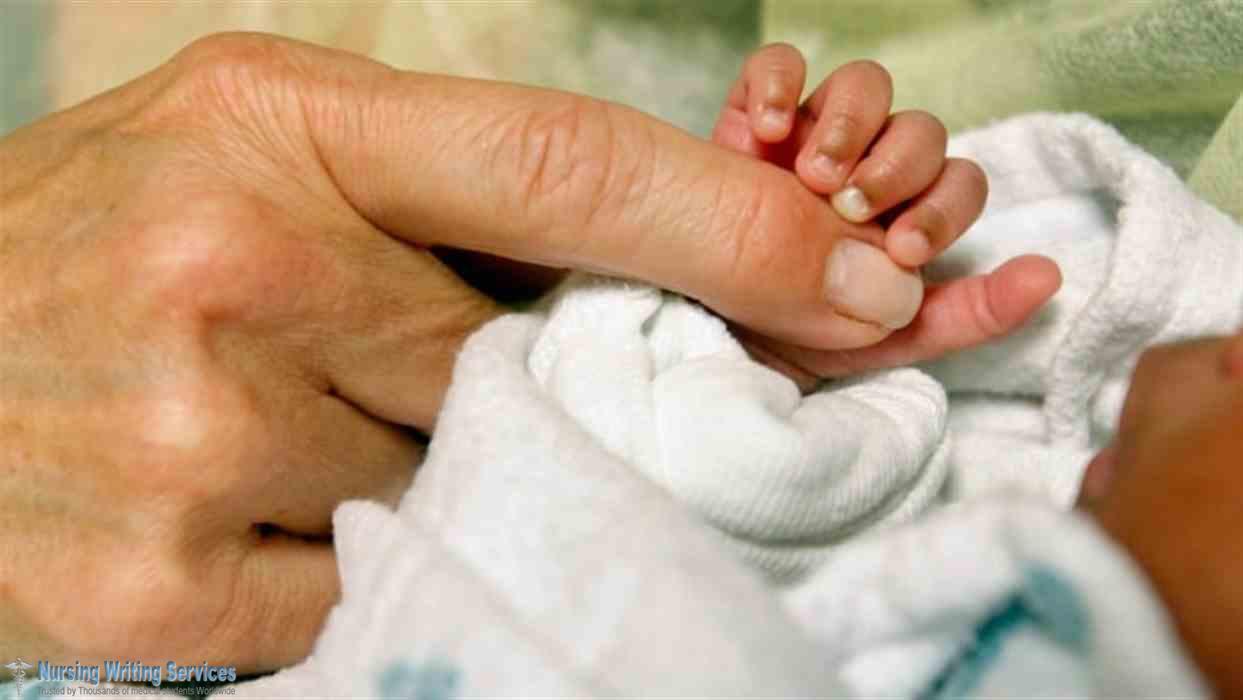Should doctors be allowed to make decisions about when to end a patient life
Doctors and nurses are very highly skilled medical practitioners, therefore after diagnosis and treatment, they are able to make a justified conclusion as to how and when the patient may or may not recover and offer next steps options to the families and loved ones of the patient. They are able to tell through longtime practice and scientific evidence whether a patient will recover from a traumatic injury or chronic illness, and then be able to advise the family on what to do next.
In most cases, if the outcome of the patient needs resuscitation due to their condition, both patient and the family members are able to decide. They can sign official documents to either resuscitate or not based on the wishes of the patient directly. If the patient is caught unawares, for example, if they have been involved in an accident, then the decision to either continue medical sustenance or relieve them lies with their closest relative. This could either be a spouse, or parents of the patient. In cases where the patient has no spouse, or parents in charge, their next of kin is in charge of those duties.
The process of making that decision is often difficult one to make. Even after the patient has given their express conditions. Resuscitation has such a forceful impact on the body as physicians do their best to revive a patient, by getting their heart pumping. It often involves hard and heavy pushes in and outward of the chest and electric volts that course through the body to shock the system to get the heart beating again. In some cases, patents get bruised or broken ribs in the process.
A nurse or doctor should only get the privileges to decide when to end a patient’s life if the person being treated is unclaimed with no next of kin. It would be unlawful to end a person’s life without the consent of their loved ones. More so, it is illegal in most countries. Euthanasia is considered to be an assisted suicide in most countries and the parties involved can get sentenced to several years of jail time. In the case of the nurse or doctor, their licenses can be revoked to no longer practice medicine.
ALSO READ:US #1 NURSING ESSAY WRITING SERVICE
It is unethical to play the role of god when all things considered physicians have no place deciding who gets to live or die, but instead, their focus should be on saving lives. In cases whereby, the patient has requested the physicians to assist them to ‘end their life’, authorities need to be notified, to prevent a suicide from happening. In rational cases, the doctor can assist the patient to get the help requested from the institutions and countries that allow for euthanasia.
Euthanasia is a request to end one’s own life, with medical assistance. While, removing a patient from life support, or consenting to a DNR ‘Do not resuscitate’ form, is different. In both they are following the will of the patient, however, one is frequently illegal, while the other is a medically responsible course of action. This is because, the patient has already come to either a vegetal state, that they can only be supported by a machine or they have succumbed to their illness and have chosen not to be resuscitated.
The bottom line is that the decision to discontinue a person’s life is very personal and significant. So much that, it needs deep thought and contemplation before making a decision to pull the plug, or keep the patient on life support. Relatives who decide to terminate the life support before they are ready to fall into depression from feelings of guilt for having made a hasty decision. Whereas, sometimes the case presents itself as not having any other choice, and that also needs careful consideration.






